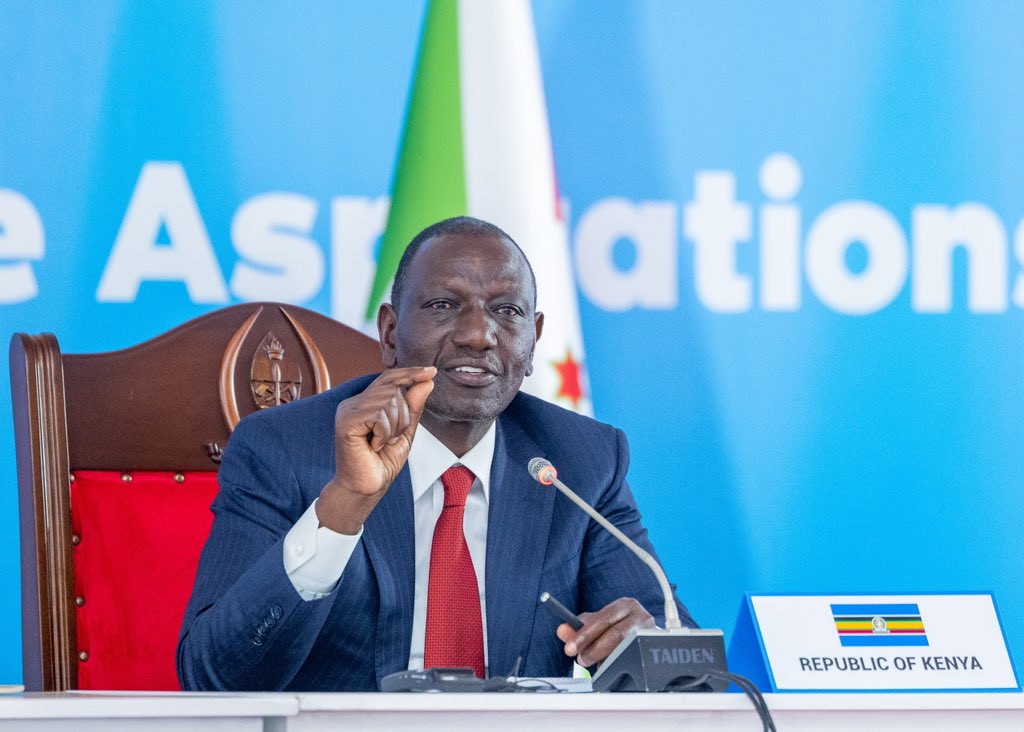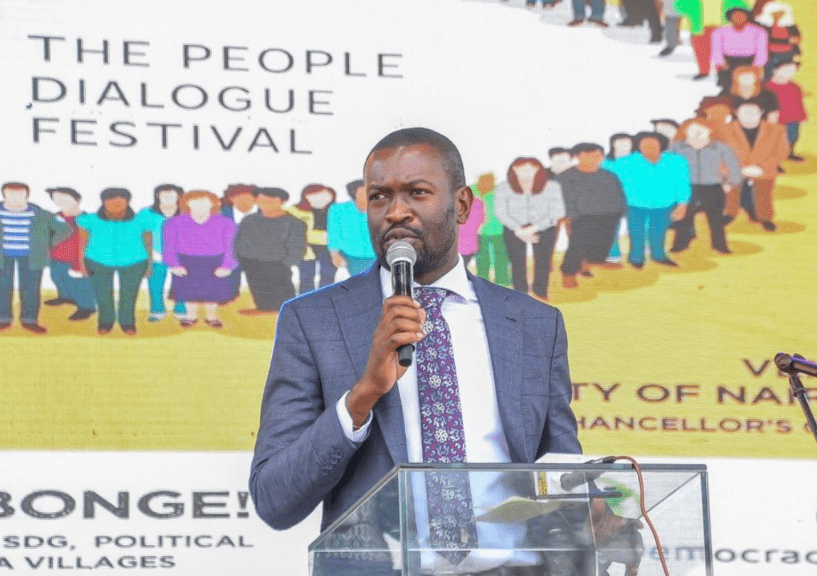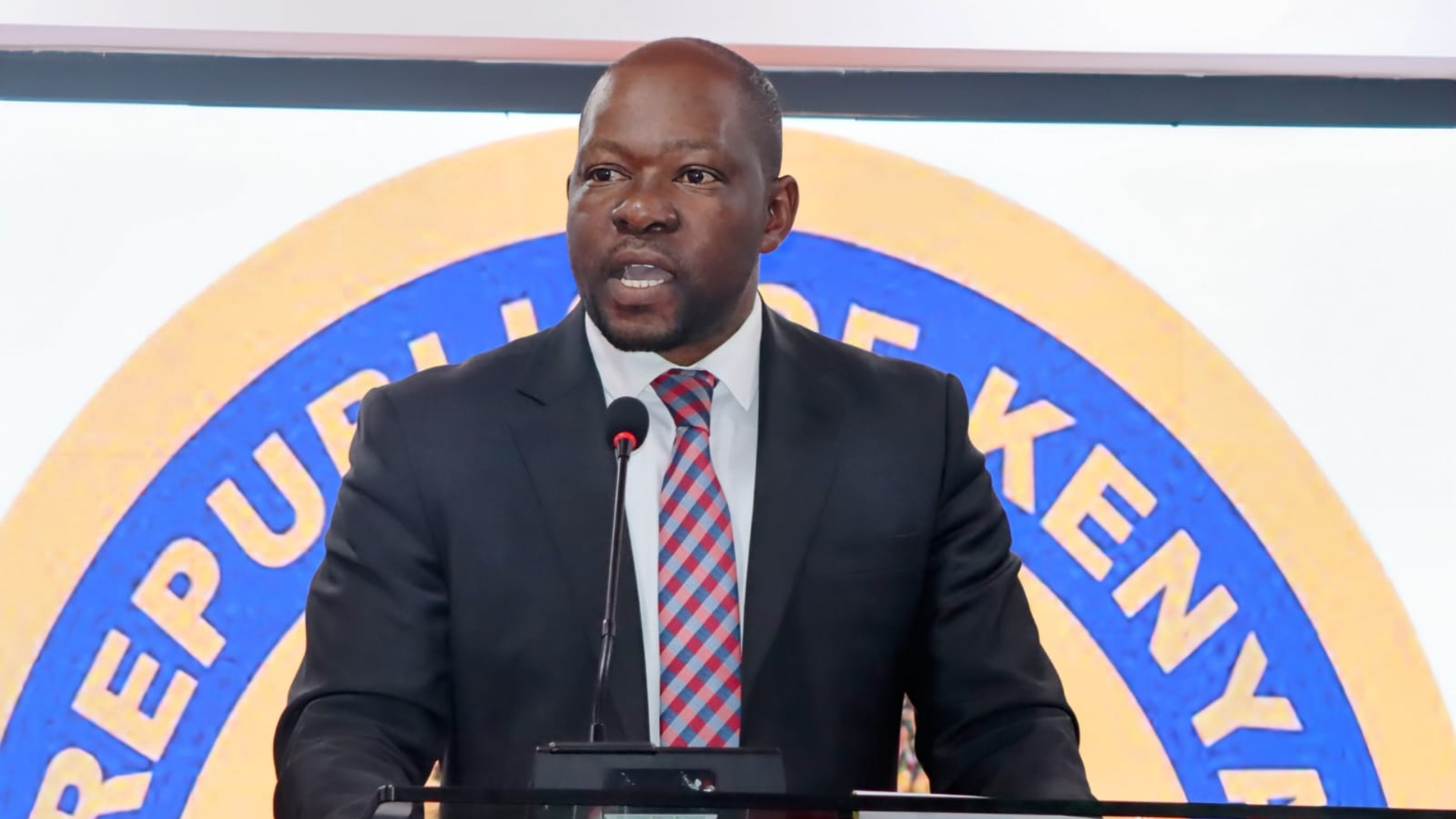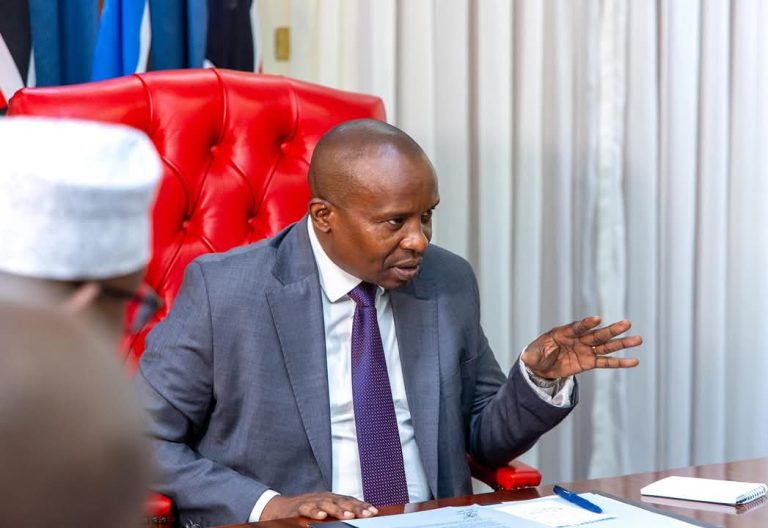Ambassador on mission to end child marriages
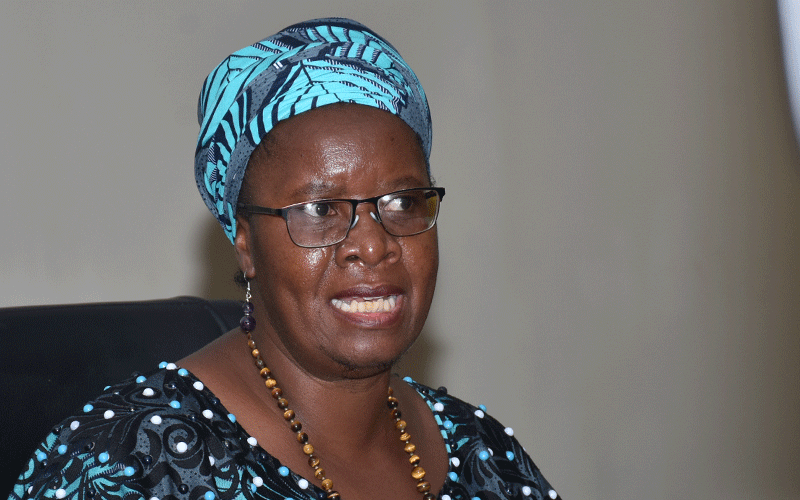
After watching the impact of child marriage on her mother, NYARADZAYI GUMBONZVANDA made it her job to stop the practice that puts girls at risk of dangerous outcomes.
Evelyn Makena @evemake_g
Growing up in Mashonaland, Northern Zimbabwe, Nyaradzayi Gumbonzvanda experienced first-hand the devastating effects of child marriage.
Her mother was married off af 13 to her father then 20 in an arranged marriage and conceived 14 children, two of whom died.
“My mother was tired of having children. I assume her first sexual encounter with my father was rape and she had limited options to chart her life’s path,” says Gumbonzvanda a human rights lawyer.
At the tender age, her mother dropped out of school to focus on bringing up a family.
Many years after this first encounter with the practice, Gumbonzvanda, the African Union Goodwill Ambassador on ending child marriages, notes it is still alarmingly high.
More than three million girls in sub-Saharan Africa get married before the age of 18.
With one in every three girls married before turning 18, the region has the highest prevalence of child marriages in the world.
Child brides are more likely to drop out of school compared to their peers who marry when they are older.
They are also likely to begin childbearing early, affecting their health and that of their children.
Young girls married off early are at a higher risk of maternal mortality and raising children that are stunted due to lack of proper nutrition, according to a 2018 World Bank report.
Poverty-driven
“Not only is a girl’s potential undermined through child marriage, but also the economic future of a country in terms of having an untrained workforce,” she says.
Gumbonzvanda has been championing for protection of girls and women from violence through her work as a human rights lawyer at Zimbabwe-based Rozaria Memorial Trust, which she founded in 2006 in memory of her late mother.
“Child marriage is a serious human rights violation. Its sexual abuse, abduction and a modern form of slavery,” she says.
In Africa, the practice is mainly driven by poverty. It is prevalent in rural areas and urban informal settlements where indicators of poverty are higher.
Due to poverty, underage girls do not enroll in school, but are married off in exchange for dowry.
Marrying them off also means financially constrained families have less one mouth to feed.
That coupled with retrogressive religious and cultural beliefs have fanned the practice across the continent.
In communities that practice female genital mutilation, it is seen as a sign of readiness for marriage for young girls.
According to United Nations Children’s Fund, 23 per cent of girls are married off in Kenya before their 18th birthday.
Teenage pregnancy is also a driver of child marriages as pregnant girls are married off to safeguard against ‘immoral behaviour’ and save parents’ face.
Gumbonzvanda says there is progress in fighting child marriage in Africa. Several countries including Kenya have launched action plans to end the practice.
Under Africa’s development blueprint Agenda 2063, countries have committed to end all harmful social practices including FGM and child marriages.
During the ICPD 25 in November last year, Kenya committed to end FGM by 2022.
Working with local chiefs and traditional elders she says has proven effective in loosening communities grip on retrogressive practices such as FGM.
Emerging issues such as mental health and climate change have necessitated a change of tack on how child marriages are approached.
Though data on the link between mental health and child marriage is scarce, Gumbonzvanda says it is a serious concern affecting underage girls.
Equal opportunities
“Child brides are silently battling with depression and other mental health conditions. They get children when they are not ready for the responsibility of adulthood.
They feel isolated as their peers are in school and this is fueling mental health issues,” she adds.
According to Gumbonzvanda there is need for African governments to recognise mental health as a public health concern to appropriately respond to the concerns afflicting young girls trapped in early marriages.
Effects of climate change including floods and droughts are also creating a new generation of child brides across the continent.
Natural disasters cut off families livelihoods making young girls vulnerable to sexual exploitation.
She urges communities practising early marriages to uphold the rights of an African girl by giving them equal opportunities to education and not rob them of their childhood.
“People who exploit our young girls in the name of marriage must be brought to justice.
Because we cannot have prosperous Africa at peace with itself if the population, which is more than 50 per cent do not have opportunities and are held back by retrogressive practices,” she says.






